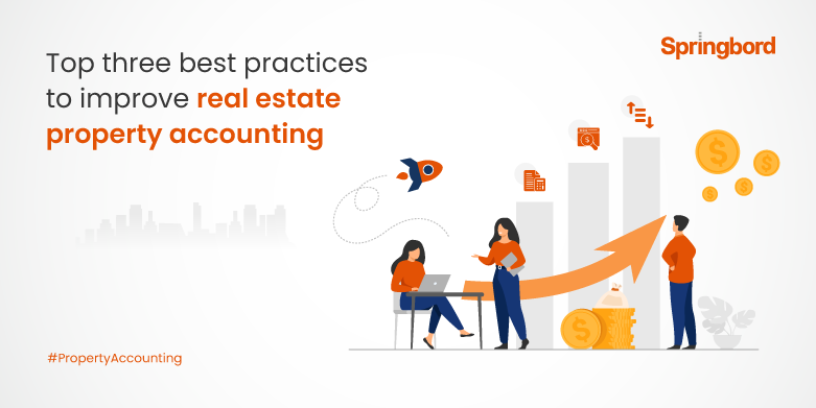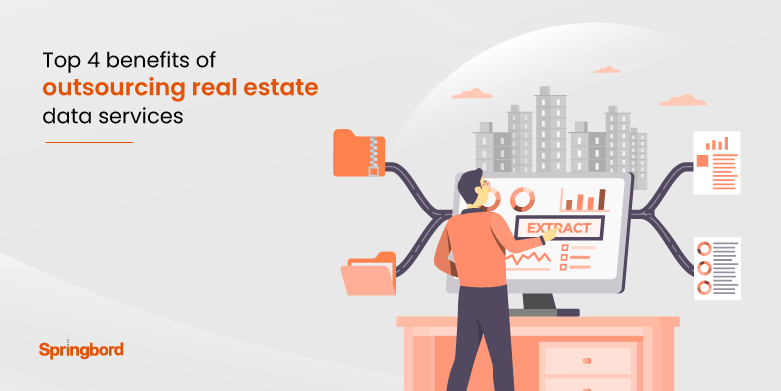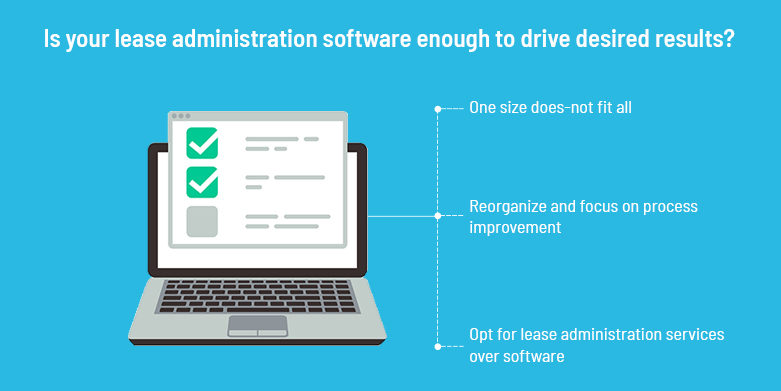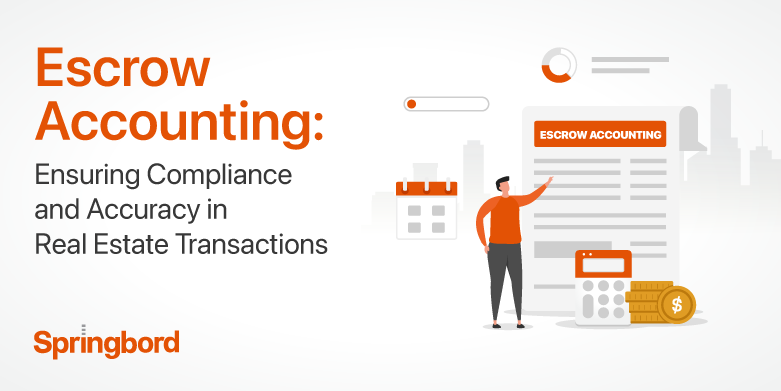 Read time 2 min
Read time 2 minBoth commercial real estate owners and property management companies are required to focus on several aspects to keep the business afloat. From managing lease portfolios, listings, finances, administration to other scaling business requirements, industry players are swarmed with conflicting priorities.
Sure, success in real estate depends on property sales and marketing and efficient management of properties and lease portfolio. But what is often overlooked is the fact that property accounting also plays a key role in driving overall business success. It helps maintain accurate reports that not just aid in the buying and selling processes but also identify and minimize financial risk. It also allows you to streamline other key activities including compliance and tax collection.
Efficient property accounting rests on strong, consistent, and sound practices. Whether you are just starting or looking to improve property accounting process here are some best practices that you can follow to streamline the process.
Set up a process for tracking and managing data
Accounting begins with efficient bookkeeping. Recording and organizing financial data and transactions should be thorough and meticulous. You can install real estate accounting software to manage the process in-house. Having a system in place allows you to timely track and manage entries and ensure centralized data management. Compared to manual bookkeeping using spreadsheets, having a system provides greater visibility, accessibility, and control. If you cannot afford to invest in software, outsourcing it to professionals can help organize, simplify, and streamline bookkeeping.
Focus on reconciliation
Staying on top of bookkeeping is the first step, the second is validating and reconciling expenses and transactions. To avoid last minute rush and also ensure accuracy, it is a good practice to reconcile books on a monthly basis, so that any issues can be fixed as and when they are identified. It would also help in streamlining accounts payable and receivables through identification of pending payments, gaps in transactions, and any outstanding collections. Focusing on reconciliation better can also help flag any accounting errors early in the process that could result in discrepancies and can be fixed before it results in damaging mistakes in accounting.
Ensure correct classification of items
There are a lot of moving parts that property managers need to focus on when it comes to property accounting. It is therefore imperative to have complete understanding of how to define, categorize, and manage transactions, taxes, and expenses. Errors in this process can result in major accounting issues. Basics such as fixed assets which are long-term assets and liabilities should be clear to anyone who is responsible for the accounting process. Misclassification of expense can disrupt company’s operating profit margin computation or lead to over-reporting of income, it can also fail to report deductible expenses. Correcting retrospectively such classification errors could not only add to the challenge of property accounting buts also cost valuable time, effort, and resources.







